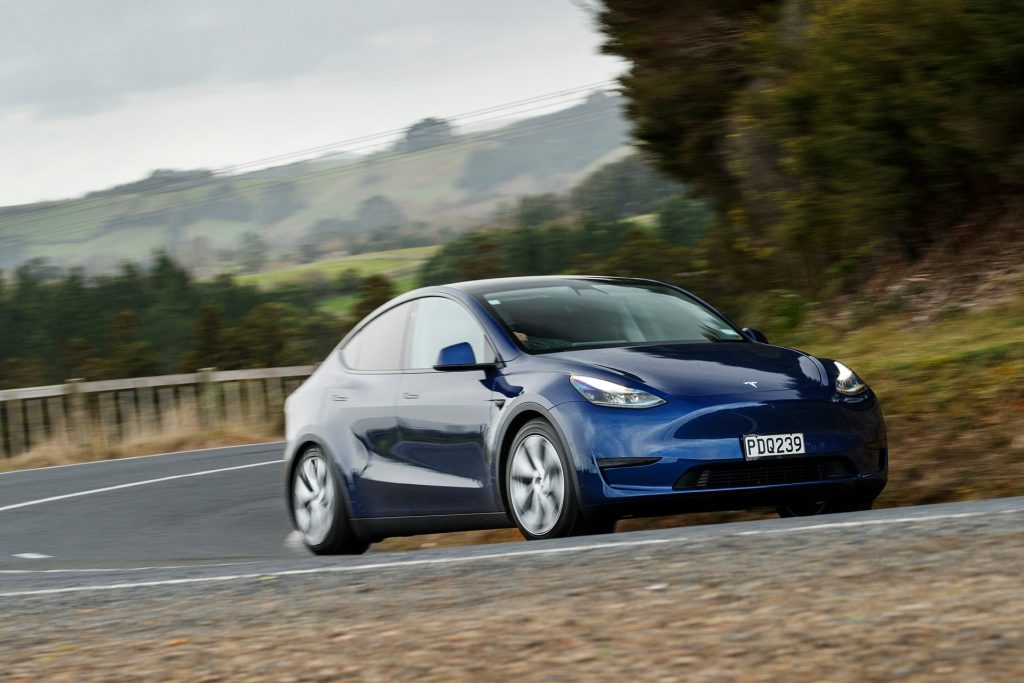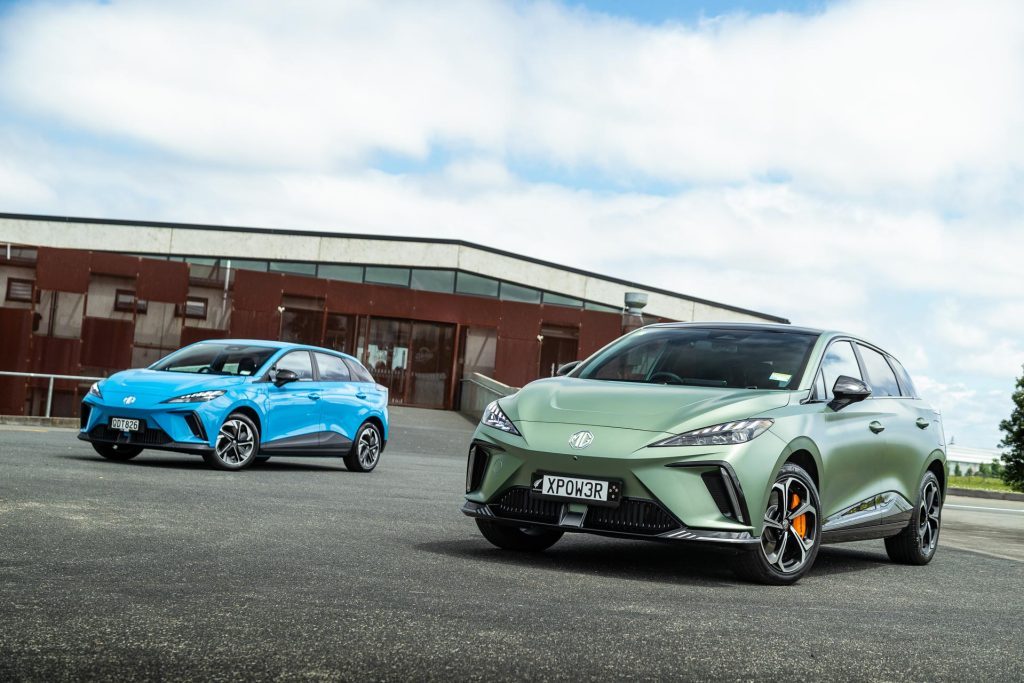New research shows that the incoming removal of the Clean Car Discount could have detrimental effects on both the economy and the environment due to a lower uptake of electric vehicles.
Drive Electric, a not-for-profit advocate for EVs, commissioned Concept Consulting to look into what could happen once the scheme is removed.
Firstly, it found that the New Zealand economy could suffer a cost of at least $900 million due to several factors, such as the increased importation of fuel. However, that’s only if the Clean Car Discount goes and the Clean Car Standard stays. If both were to be scrapped, the country could face a cost as high as $3.5 billion.

It’ll also make it harder for New Zealand to meet its emissions goals, including becoming a net-zero carbon emissions country by 2050. This is because of an increase in petrol- and diesel-powered vehicle travel which could result in 3.0 megatonnes of CO2 entering our atmosphere by 2030.
Removing the Clean Car Discount may also mean there will be 100,000 fewer EVs on the road by 2030, or 350,000 less if the Clean Car Standard is removed too.
In light of the new findings, Drive Electric Board Chair, Kirsten Corson recommends that the Government should implement alternative ways to encourage EV uptake.
“What this research shows is that there are costs associated with doing so, both to the economy and to emissions. The clear implication is that we need an alternative form of EV incentive,” says Drive Electric Board Chair, Kirsten Corson.

“EV incentives are simply an effective and comparatively cost-effective way to reduce emissions from transport. And they won’t be needed forever. As soon as EVs reach upfront price parity, they can be removed.”
Corson adds that the Government could create an alternative fiscally neutral EV incentives scheme by implementing a staged withdrawal of discounts to give consumers time to adjust, reducing rebates and tightening eligibility, as well as exempting certain categories of vehicles from fees like utes.
The Clean Car Discount is slated to be scrapped come 31 December 2023. If you’re buying a new vehicle between now and then or have yet to apply for a rebate, be sure to check out what is set to change.


